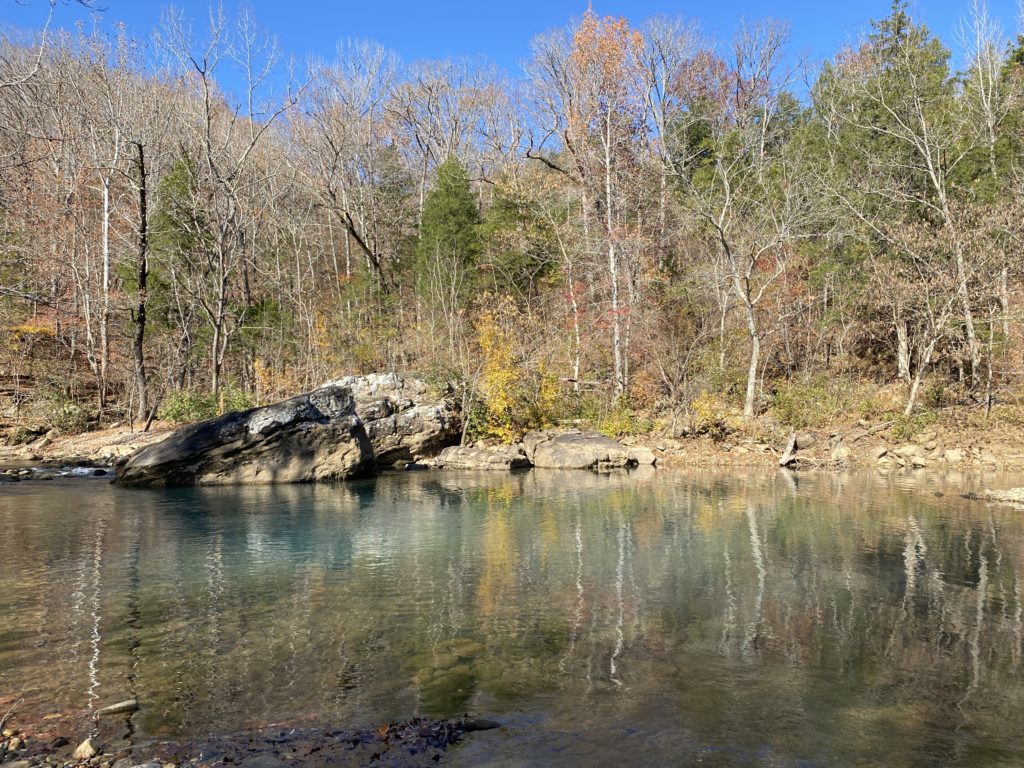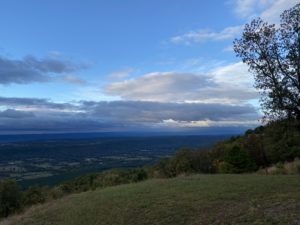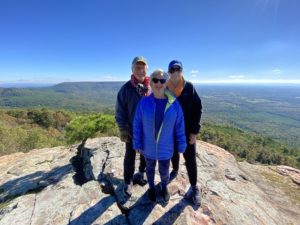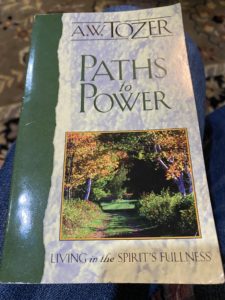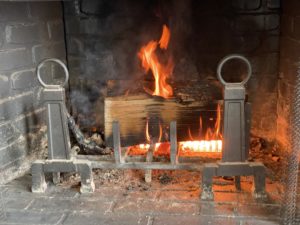I recently received a photo of a Bible text from a friend in a men’s group with some verses circled in red. Below that, he asked the question, “Do you think this is possible today?”
“And they devoted themselves to the apostles’ teaching and the fellowship, to the breaking of bread and the prayers. And awe came upon every soul, and many wonders and signs were being done through the apostles. And all who believed were together and had all things in common. And they were selling their possessions and belongings and distributing the proceeds to all, as any had need. And day by day, attending the temple together and breaking bread in their homes, they received their food with glad and generous hearts, praising God and having favor with all the people. And the Lord added to their number day by day those who were being saved” (Acts 2:42-47 ESV).
I gave it some thought then replied with what came to my mind. “Yes, I don’t see why not. God is the same, yesterday, today, and forever. It’s possible. It’s happening in places around the earth, I believe.” He was asking if what was happening in the early church should be happening in our churches today.
I awoke this morning with that question on my mind, and a couple of verses came quickly to me, followed by other thoughts as I got up and journaled. First, I’ll share the verses, then the thoughts.
The Verses
“Those who cling to vain idols leave behind the gracious love that could have been theirs” (Jonah 2:8 ISV).
“The wind blows where it wants to. You hear its sound, but you don’t know where it comes from or where it is going. That’s the way it is with everyone who is born of the Spirit” (John 3:8).
The Thoughts
The Spirit moves where He wants to move. Those born of the Spirit and those born by the Spirit sense where He’s moving and are carried along by His power in that direction. These people include sailors, pilots, army scouts, accountants, teachers, business people, laborers — spiritual adventurers. They are those who exercise faith in God and risk following his Spirit, those who become adept and practice doing so, who make it their very lifestyle and passion.
These are people like David, the shepherd boy, and king who the Bible says “… served the purpose of God in his own generation” (Acts 13:36a NASB). Is it possible to live a life like his? Or like Amos, the fig grower? Or like Elijah the prophet? Or Esther the orphan? Or Ruth the Moabitess? Or Abigail, caught up in a bad marriage? Or rather perhaps a good marriage to a bad person? Where is the wind of the Spirit blowing in each of these person’s lives and in their times? Ask yourself that.
Someone has said that wisdom begins with asking the right question. We may not be asking the right question in this case. Do we look at the church in Acts and try to mimic it? Is that a reasonable approach or course of action in our day?
I say, “yes and no.” “Yes,” in that it’s a valid expression of what a church or people flowing in the Spirit of God can look like, just like the lives of the Bible characters listed above are examples. I say “no,” in that our job is not to take one of these demonstrations of life in the Spirit and try to replicate it precisely in the flesh or in our power.
We see the Spirit wind blowing in the lives of individuals and a group of people. We get insights into the actions of the Spirit and the lives of people who experience the Spirit’s life and power. We see the Spirit’s peace and power flow in their lives and in their times.
Men love to emulate a model to take credit for accomplishing success in the process or feat. “But we have this treasure in jars of clay to show that this all-surpassing power is from God and not from us” (2 Corinthians 4:7 NIV), writes Paul. Or, as explained by an Old Testament prophet, real spiritual progress is accomplished in humans, “Not by might nor by power, but by My Spirit,’ says the LORD of hosts” (Zechariah 4:6b).
It’s good to look at the examples in Scripture to learn about the Spirit of God moving and working among people. We also learn about the people God chooses, blesses with his presence, and entrusts with his power. Yet, it’s best to ask what the Spirit is doing in our day and how we can function as a son or daughter of the gentle breeze — the Holy Spirit.
In Acts, we see the Spirit of God moving in power to birth the church and establish the kingdom of God in some measure with the first advent of the King. In the times of the prophets of Judah and Israel, we see the Spirit moving in judgment and redemption to save people from idols and themselves and turn their hearts back to their Creator Redeemer. In Esther and Daniel, we see the Spirit, boldly but in his hidden, understated way, moving in the lives of chosen people to effect righteousness and peace in two gentile, world-ruling kingdoms. In Ruth, it’s about two people, or a few people, in a backward time and place, knowing their God, walking in faith, being empowered by the Spirit to give birth to a king, and eventual, godly direction and leadership for a chosen but impoverished nation.
What is the Spirit doing in your day and life is the best question to ask. The next best question might be: “How do I hear him? How do I know him? How do I learn to flow in His power, presence, and leading?”
It’s possible because he’s always on the move to save, redeem, and call needy people and lost sheep out of darkness and into his marvelous light. Seek him. Ask him to show you how to become and stay a son or daughter of the gentle breeze — the Holy Spirit.
I get that phrase from the life of Elijah, one of the most powerful prophets in the Bible sent to the idol-ridden, northern kingdom of Israel. They were in a deceived and spiritually dark time like ours. The Bible tells us that “Elijah was a person just like us” (James 5:17a ISV), not some made-up superhero. He was spiritually sensitive, as we can come to be. Yet, he had his ups and downs on his spiritual journey, which should give us insight and encouragement.
One time on Mount Carmel, he heard the Spirit and moved in power, calling down fire on a sacrifice to God in the presence of the people and the king. Then he prayed for rain ending a three-year drought. Immediately after that, he experienced a very low point. In fear for his life due to the death threat from an evil queen, he ran to Horeb, the mountain of God. There he hid in a cave, praying for God to take his life because he was “no better than his fathers,” apparently at hearing God’s voice and moving in the Spirit, exercising courage and faith.
A mighty wind came upon the mountain, and an earthquake, followed by fire, but none of these moved Elijah. “Then there was a fire, but the Lord was not in the fire. Finally, there was a gentle breeze” (I Kings 19:12 CEV), which Elijah recognized to be the Spirit of God. At the coming of the “gentle breeze,” Elijah came out of hiding to hear God provide revelation, restore vision, and instruct him to continue his journey.
That’s my prayer for you and myself — that we simply, humbly become and remain sons and daughters of the gentle breeze — the voice and leading of God’s Spirit. May we be moved by that gentle breeze whether we live in a time of correcting judgment, or the birth of something new, or both—godspeed as you journey.


